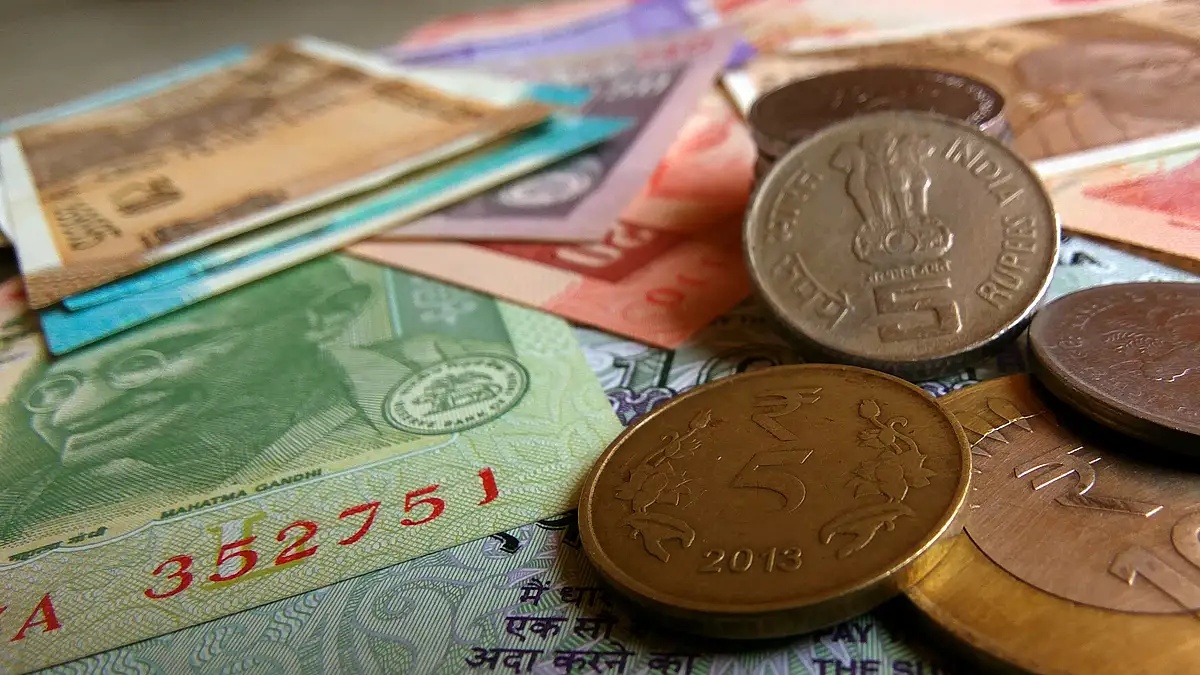
Government Clarifies DA/DR Arrears Policy Amid Pandemic Impact
The Ministry of Finance has addressed parliamentary concerns regarding the delayed dearness allowance (DA) and dearness relief (DR) payments for central government employees and pensioners during the pandemic. Following a question raised in the Lok Sabha about releasing arrears from 2020-2021, Finance Minister Anand Bhadauria explained that the freeze was a strategic fiscal decision to mitigate economic strain. The government emphasized that pandemic-related welfare measures caused financial overflows beyond the 2020-21 fiscal year, making arrears payments unfeasible. This clarification comes amid growing anticipation around the 8th Pay Commission’s potential reforms, which could reshape salary structures for millions of public sector workers.
Pandemic-Driven Salary Adjustments and Fiscal Constraints
The freeze on DA/DR instalments—effective from January 2020 to January 2021—was implemented to ease financial pressure on the central government. Bhadauria highlighted that the pandemic’s economic disruption necessitated these temporary measures, which helped sustain public spending during a critical period. However, the decision has sparked debates about the long-term implications for government employees’ purchasing power. While DA serves as a buffer against inflation for active employees, DR compensates pensioners for similar inflationary pressures. The government’s stance underscores the delicate balance between fiscal responsibility and employee welfare during crises.
8th Pay Commission Progress and Salary Reset Implications
The formation of the 8th Pay Commission, approved by the Union Cabinet in January, has reignited discussions about salary revisions. Although the panel has yet to be formally established, its eventual report is expected to include recommendations on fitment factors and allowance structures. Notably, the commission’s findings could reset the DA component of salaries to zero, significantly altering the current 55% DA rate under the 7th Pay Commission. This potential overhaul raises questions about the financial impact on both employees and the government’s budgetary planning, particularly as the economy recovers from pandemic-related challenges.
Stakeholder Deliberations and Timeline Uncertainties
The 8th Pay Commission’s delayed timeline has become a focal point for stakeholders, including union representatives and civil service bodies. Historical precedents suggest the process could take over a year to finalize, creating uncertainty about when reforms might take effect. Meanwhile, the frozen DA/DR arrears remain a contentious issue, with critics arguing that delayed payments could exacerbate inflationary pressures for vulnerable groups. The government’s refusal to release arrears has prompted calls for a more transparent review of fiscal priorities, especially as the economy transitions from crisis management to growth-focused policies.
Broader Implications for Public Sector Compensation
The debate over DA/DR arrears and the 8th Pay Commission reflects broader challenges in balancing fiscal discipline with employee welfare. As the government navigates post-pandemic recovery, decisions on salary revisions will have far-reaching effects on public sector morale and economic stability. The potential reset of DA to zero under the new pay structure could reshape compensation frameworks, requiring careful consideration of its impact on both individual workers and national economic indicators. With the 8th Pay Commission’s deliberations ongoing, the coming months will likely see intensified scrutiny of how these reforms align with long-term fiscal and social objectives.




